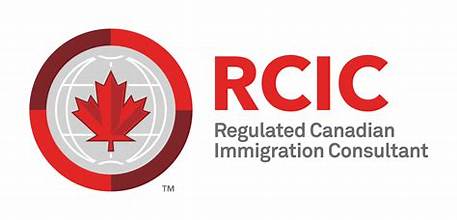Our Services
- Home
- Our Services
We provide what
Recruitment, Immigration and Settlement Services
Our goal is to provide customers with the best service, for us to help customers
overcome their barriers and obtain Permanent Residensy in Canada
overcome their barriers and obtain Permanent Residensy in Canada
Immigrate to Canada
Exploring Canada for immigration is an exciting and life-altering choice. Renowned for its quality of life, cultural diversity, and opportunities, let's find your best immigration fit.
Work in Canada
Canada offers diverse work opportunities, fostering career growth and global experiences in a vibrant, welcoming country for skilled professionals and temporary workers.
Business in Canada
Expanding or starting a business in Canada taps into a robust economy and a skilled workforce while enjoying a supportive business environment with your family
Study in Canada
Studying in Canada promises world-class education, rich cultural diversity, and a pathway to a promising future, all within a welcoming and inclusive environment.
Sponsor family to Canada
We specialize in facilitating the compassionate reuniting of your loved ones through Canada's immigration policies, ensuring that your family can be together in Canada.
Not sure?
Feeling uncertain about your immigration journey? Our experienced team of GreenTech Resource Worldwide Canada is here to provide expert guidance and support you!
Book a session today and
start changing your life!




